
Michael A. Cardozo, a towering figure in New York City’s legal landscape who served longer than anyone else as the city’s chief legal officer, died on July 23 at his home in White Plains, N.Y. He was 84 years old. His daughter, Sheryl Cardozo, confirmed his passing, stating only that it followed a brief illness.
For 12 years, from 2002 to 2014, Mr. Cardozo held the demanding role of corporation counsel under Mayor Michael R. Bloomberg, a tenure that saw him defend landmark city policies, including the controversial stop-and-frisk policing strategy and a pioneering ban on smoking in bars and restaurants. His impactful career spanned decades, touching various facets of law, from corporate litigation to professional sports organizations, and culminated in a remarkable record of public service.
Born Michael Alan Cardozo on June 28, 1941, in Manhattan, he was seemingly destined for a career in law. His surname carried a distinct weight within the legal community, as his paternal great-grandfather’s cousin was Benjamin Cardozo, an associate justice of the United States Supreme Court appointed by President Herbert Hoover in 1932. Mr. Cardozo himself once quipped, “Some people thought I was going to be a lawyer from the day I was born.”
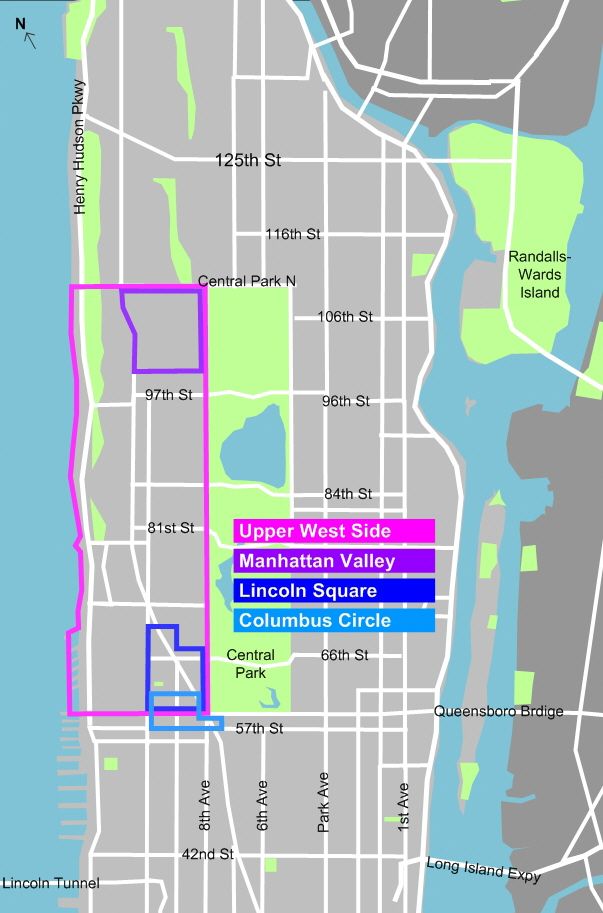
He grew up on the West Side of Manhattan and later in Westport, Connecticut, where he graduated from Staples High School. His academic pursuits led him to Brown University, where he earned a bachelor’s degree in political science in 1963, followed by a Juris Doctor degree from Columbia Law School in 1966. These foundational years prepared him for a distinguished legal career that would leave an indelible mark on New York City.
After completing his studies, Mr. Cardozo clerked for Judge Edward C. McLean of the U.S. District Court in Manhattan from 1966 to 1967. This experience provided him with invaluable insights into the intricacies of the federal judiciary, shaping his understanding of legal practice before he embarked on his career in private practice.
In 1967, Mr. Cardozo joined Proskauer Rose, a prominent law firm then known as Proskauer, Rose, Goetz & Mendelsohn. His dedication and legal acumen quickly propelled him through the ranks, and he became a partner in 1974. During his initial tenure at the firm, he played a crucial role in developing its sports law practice, a burgeoning field at the time.
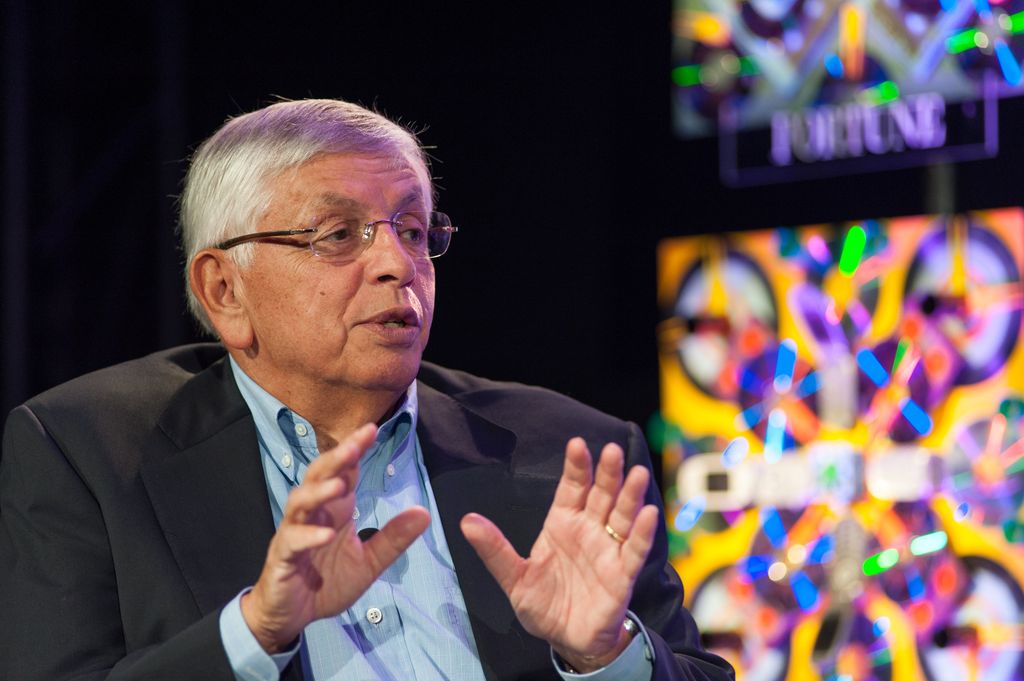
His expertise in sports law saw him represent some of the nation’s most prominent professional sports organizations. When his law school classmate, David Stern, was named commissioner of the National Basketball Association in 1984, Mr. Cardozo began representing the N.B.A. His portfolio expanded to include Major League Soccer and the National Hockey League, showcasing his versatile legal capabilities.
Beyond his client work, Mr. Cardozo’s leadership within Proskauer was recognized through his three elections to the firm’s executive committee. He also co-chaired its litigation department from 1987 to 1991, demonstrating his commitment to the firm’s strategic direction and the development of its legal talent.
His long and distinguished career in private practice was temporarily paused in 2002 when Mayor Michael R. Bloomberg appointed him as New York City’s 77th corporation counsel. This appointment marked a significant pivot to public service, placing him at the helm of the city’s Law Department, a role established in 1839.
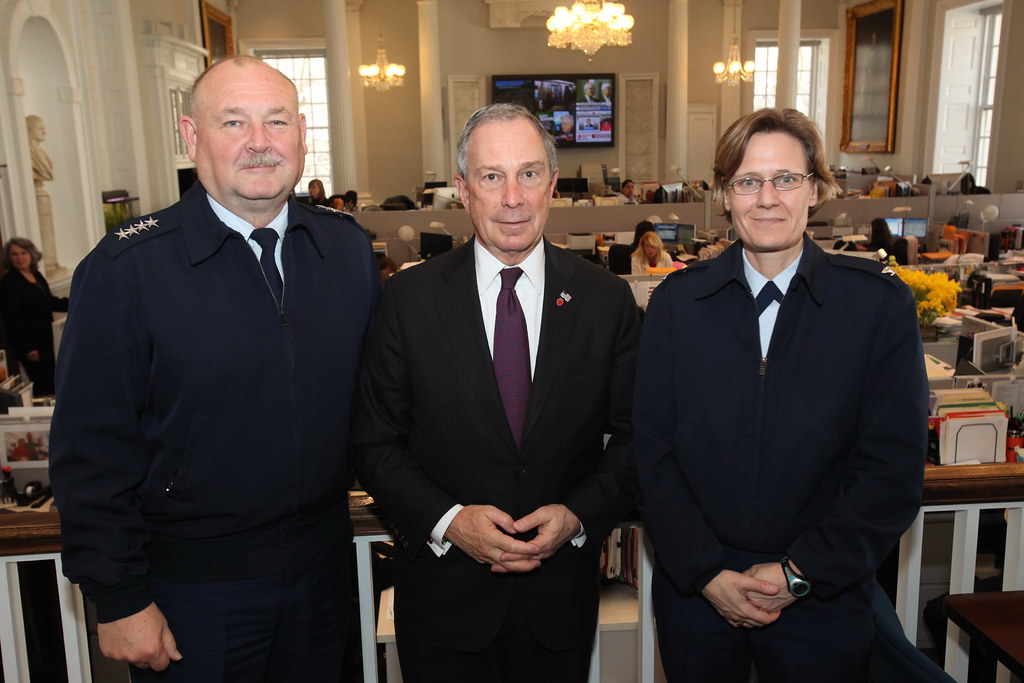
Mr. Cardozo’s 12-year tenure as corporation counsel set a record for longevity in that municipal role, spanning the entirety of Mayor Bloomberg’s three terms. This period was one of immense legal activity and challenge for the city, and Mr. Cardozo was at its heart, guiding the city’s legal responses to a myriad of issues.
Assuming the role in 2002, Mr. Cardozo inherited a department still reeling from the devastating impact of the Sept. 11, 2001, attack on the World Trade Center. The main office of the Law Department was just a block from the site, and the department itself was scattered across dozens of temporary locations.
Under his leadership, the Law Department not only stabilized but also evolved. Mr. Cardozo established new divisions, including those focused on volunteer work and specializing in labor law and other critical issues. He was also known for his firm stance against what he deemed frivolous lawsuits against the city.
In a 2013 interview with The New York Times, he articulated this philosophy, stating, “We certainly want to send the message that if you don’t bring what we view to be a meritorious case, you’re going to have a big battle on your hands.” This assertive approach aimed to protect the city’s resources and deter baseless litigation.
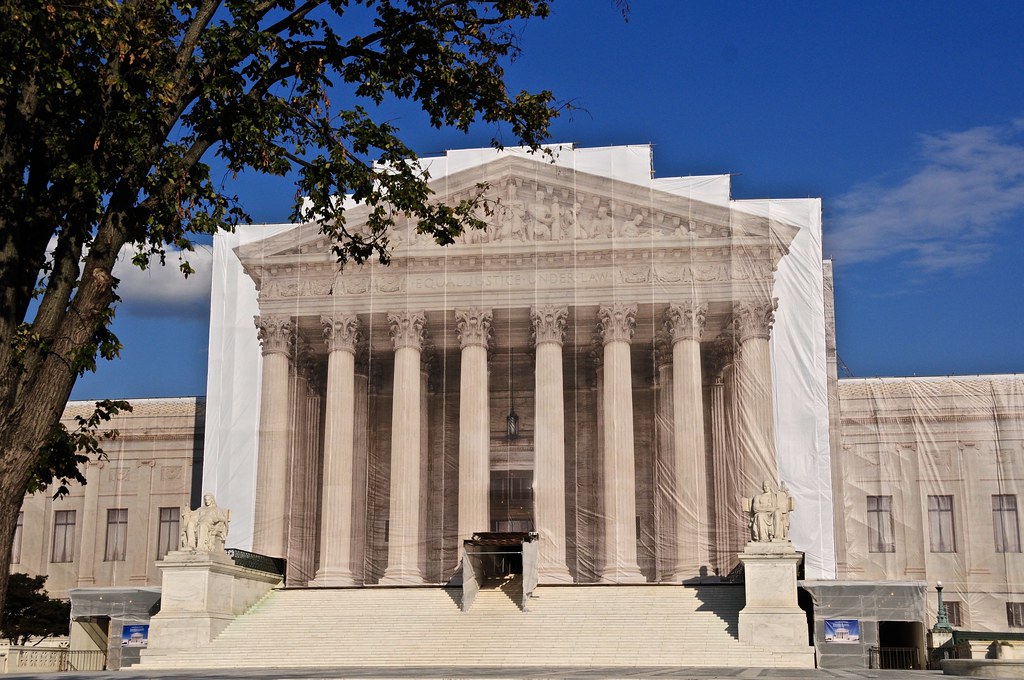
As the city government’s top lawyer, Mr. Cardozo presided over an enormous legal operation. His department managed a caseload of some 80,000 lawsuits and other legal matters, handled by a team of nearly 700 lawyers, all under his careful oversight.
One of his significant triumphs came in 2007 when he successfully argued before the U.S. Supreme Court. The case, *Permanent Mission of India v. City of New York*, involved a dispute over delinquent property taxes owed by the Indian and Mongolian missions to the United Nations. Mr. Cardozo’s arguments ensured that federal courts could resolve such disputes between localities and foreign governments.
He also successfully oversaw a pivotal case in 2009, where a federal judge ruled that legislation passed by the City Council enabled Mayor Bloomberg to seek a third term, despite existing limits imposed by the City Charter. This legal victory allowed Bloomberg to continue leading the city through a period of significant policy implementation.
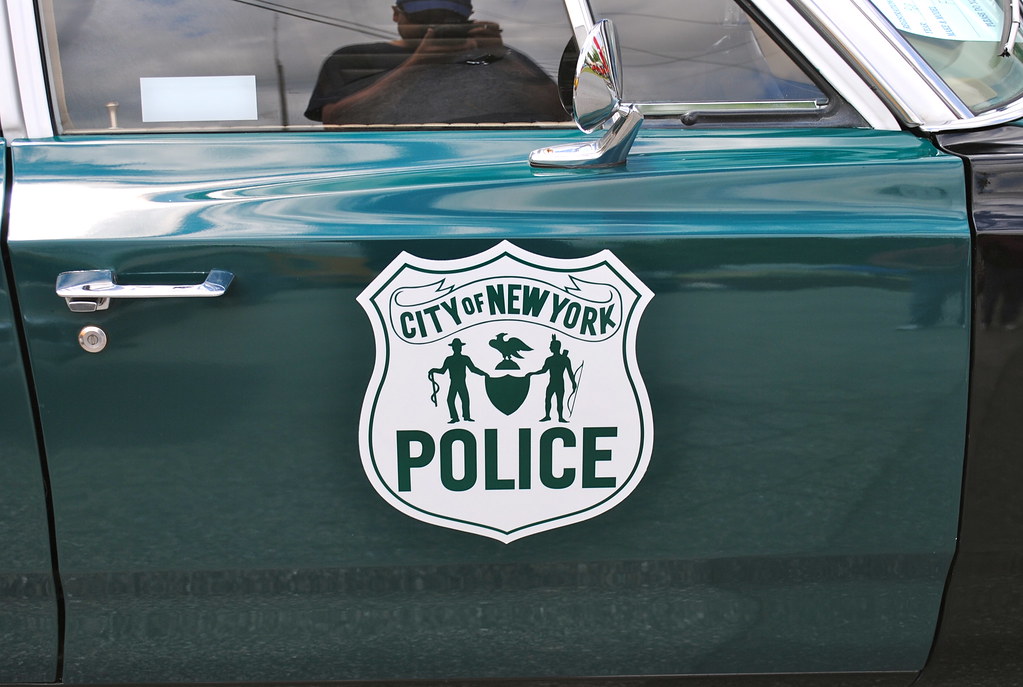
Mr. Cardozo became a key defender of some of the Bloomberg administration’s most high-profile and, at times, controversial policies. Among these was the New York City Police Department’s stop-and-frisk strategy, a tactic designed to deter crime and remove illegal weapons.
Critics argued that stop-and-frisk disproportionately singled out Black and Hispanic men, leading to federal challenges. While Mr. Cardozo vigorously defended the policy on behalf of the city, citing its public safety objectives, the tactics were ultimately ruled unconstitutional by a federal judge in 2013.
Another significant policy he championed was the city’s ban on smoking in bars and restaurants, enacted in 2003. This pioneering public health initiative aimed to protect non-smokers from the dangers of secondhand smoke. Mr. Cardozo successfully argued for the city’s right to impose these bans, demonstrating the city’s compelling interest in public health.
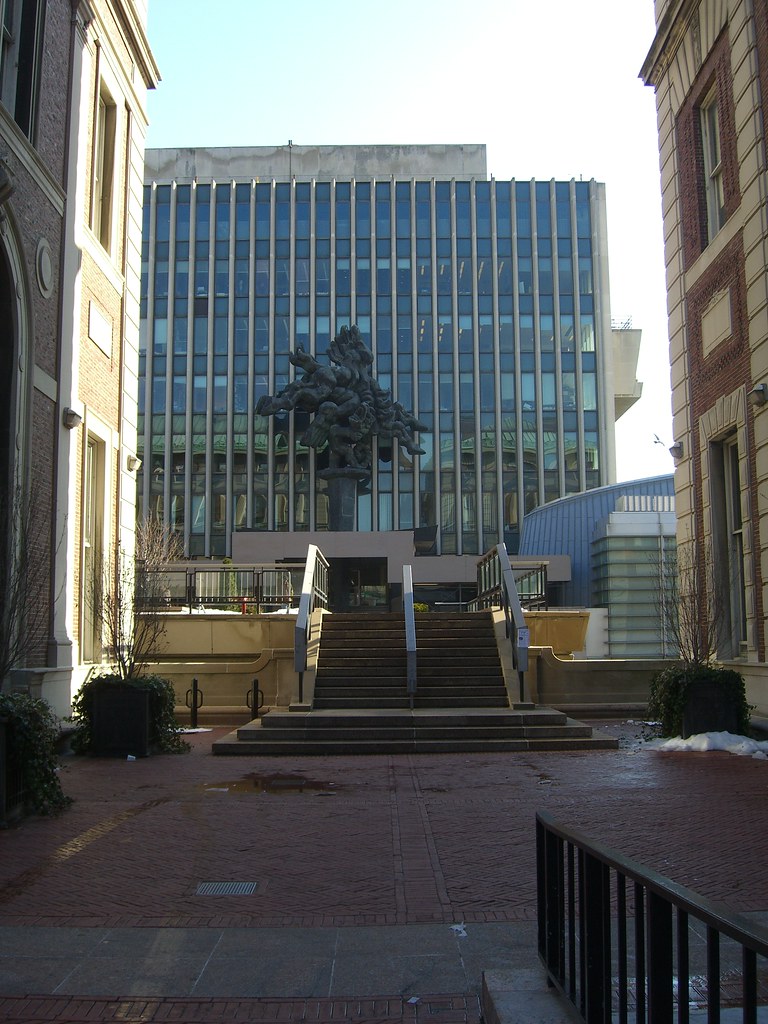
His legal advocacy extended to other crucial areas, including defending the city’s policy of inspecting carry-on bags in the subway. He also argued in favor of a provision that would have allowed the city to borrow $2.5 billion to pay off 1970s-era debt, and successfully defended the city’s right to impose additional gun controls.
Reflecting on his demanding tenure as the city’s chief legal officer, Mr. Cardozo shared a candid insight with students at Columbia Law School in a 2014 lecture. He acknowledged that in defending or enforcing existing laws on behalf of the city, he was sometimes compelled to take a stance that he may have disagreed with personally.
He offered the example of the city’s appeal of a court ruling that declared the state’s prohibition on gay marriage unconstitutional, illustrating the complex ethical tightrope a public servant sometimes walks in upholding the law.
Before his distinguished service as corporation counsel, Mr. Cardozo also held a prominent leadership role within the legal community. From 1996 to 1998, he served as president of the New York City Bar Association, an esteemed organization established in 1870 with the initial mission to combat corruption in the court system.

It was during his presidency that Mr. Cardozo expressed his profound commitment to an independent judiciary, a principle he fiercely upheld. He noted that during his tenure, “attacks on judges were occurring daily and the cry of ‘junk justice’ filled the air.”
In response to these challenges, Mr. Cardozo actively worked to defend the integrity of the judicial system. He explained, “This is why my travels have included the criss-crossing of the City to speak promptly when improper attacks on a judge have taken place and to explain why the criticisms were ill-founded and dangerous.”
The City Bar Association’s commitment to public service during his time as president was also highlighted by Mr. Cardozo. He recounted the association’s response to the 1996 crash of TWA Flight 800 into the Atlantic Ocean, noting how volunteers from the association counseled victims’ families on various legal issues.
“This was an example of the New York bar at its very best—helping people in need, in return for nothing more than the satisfaction of knowing we were doing the right thing. This is our central mission, and we must never lose sight of it,” he wrote. This tragic event and the legal community’s response laid crucial groundwork for the City Bar’s efforts after the Sept. 11 attacks.

After setting a record for longevity in his municipal role, Mr. Cardozo stepped down as corporation counsel in 2014, returning to Proskauer Rose. Even in what might have been considered a period for winding down, his commitment to justice and public service remained unwavering.
In 2019, while back at Proskauer, Mr. Cardozo took on a high-profile case, representing Judith Clark, the getaway driver in a 1981 Brink’s armored car robbery in Rockland County, N.Y. His efforts helped her win parole after serving 37 years in prison, showcasing his dedication to individual liberties.
Mr. Cardozo officially retired from the law firm at the end of October 2022. However, his public service continued, as he was named by Governor Kathy Hochul of New York to the state ethics commission in September 2022, a post to which he was reappointed in 2024.

Throughout his career, Mr. Cardozo maintained a particular focus on the judicial system. He advocated for higher pay for judges, whom he described as overworked, and served as a member of the New York State Commission on Legislative, Judicial, and Executive Compensation.
He also publicly expressed his frustration with what he called the court system’s repeated delays in trial decisions. In 2009, he stated publicly that the “entire culture” of the judicial system “must be changed” to “improve judicial accountability and, with it, judicial performance.”
These candid comments, aimed at improving judicial efficiency, elicited a notable response. They led to him being publicly rebuked in a letter published in The New York Law Journal, signed by 18 of the 20 State Supreme Court justices, underscoring the passion and conviction he brought to his beliefs.

Tributes poured in following his death, reflecting the profound impact he had on the city and the legal profession. Mayor Michael Bloomberg, under whom Mr. Cardozo served for a historic period, praised his former chief lawyer’s remarkable qualities.
In a recent Instagram post, Mr. Bloomberg lauded Mr. Cardozo’s “sharp legal acumen” and “unassailable integrity.” He also underscored Mr. Cardozo’s “lifelong commitment to the city’s civic health,” a testament to his dedication beyond his legal duties.
Bret Parker, the executive director of the City Bar Association, offered a poignant online tribute, singling out Mr. Cardozo’s “longstanding commitment to the rule of law and tireless advocacy for an independent judiciary.” These sentiments collectively paint a picture of a lawyer deeply devoted to the principles of justice and effective governance.
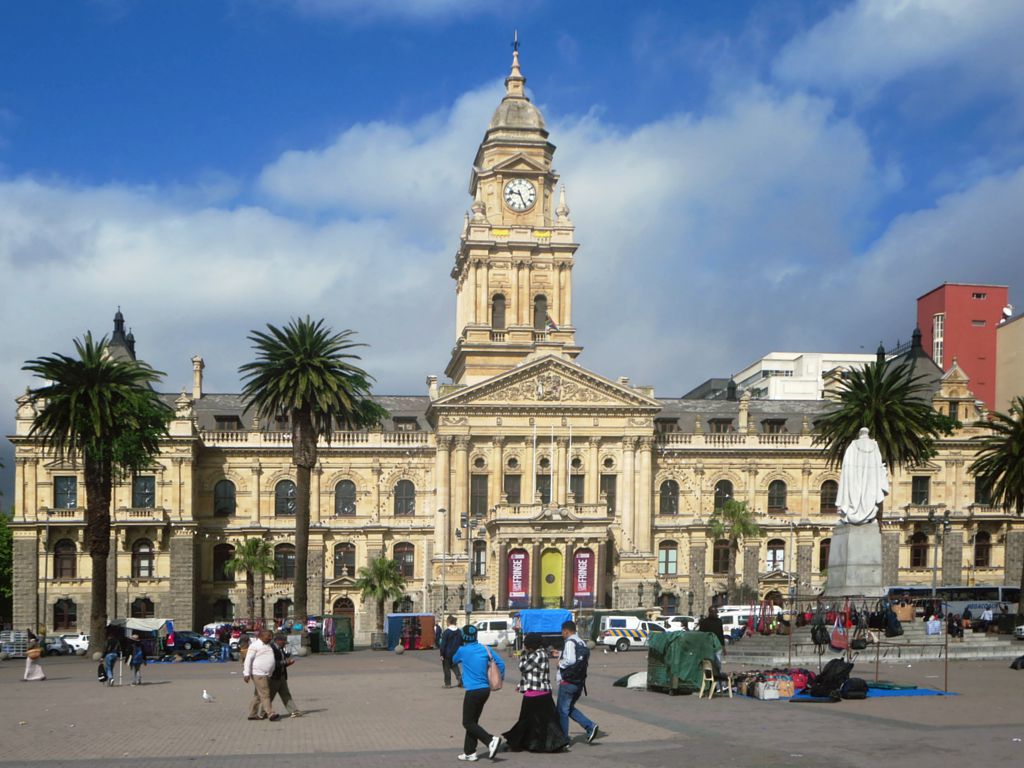
His farewell column for the 44th Street Notes, titled “The Best Job a Lawyer Can Have,” offered a glimpse into his personal satisfaction from his public service. He reflected on “the unforgettable voyage to which you have treated me, one that included stops that ranged from Hong Kong to Washington, Albany, and City Hall.”
He concluded that column with a sense of profound gratitude: “And now, as my journey draws to a close, the voyage over, I thank you once again for the opportunity to have experienced such an exciting and enjoyable expedition.” It was a fitting reflection from a man who found immense purpose in his work.
Mr. Cardozo was also recognized with numerous accolades throughout his career, underscoring his lasting contributions to law and public service. These include the American Friends of the Hebrew University’s George A. Katz Torch of Learning Award in 2000 and the Columbia Law School Lawrence Wien Prize for Social Responsibility in 2007.
Further recognitions include the Fund for Modern Courts Cyrus R. Vance Tribute in 2009, the Federal Bar Council Emory Buckner Award for Outstanding Public Service in 2011, and the New York Law Journal’s Impact Award in 2013. He also received the Citizens Union Public Service Award and the Fund for Modern Courts Career Public Service Award in 2014.
In 2015, he was honored with the American Lawyer Lifetime Achievement Award, followed by the New York Urban League Frederick Douglass Medallion for Leadership and Service in 2016, and the Anti-Defamation League Human Relations Award in 2017. These awards collectively illustrate the breadth and depth of his influence.
Beyond his professional achievements, Mr. Cardozo led a rich personal life. He married Nancy (Cogut) Cardozo in 1965, and together they built a family. He is survived by his devoted wife, Nancy; his two daughters, Sheryl and Hedy Cardozo; and his three cherished grandchildren.
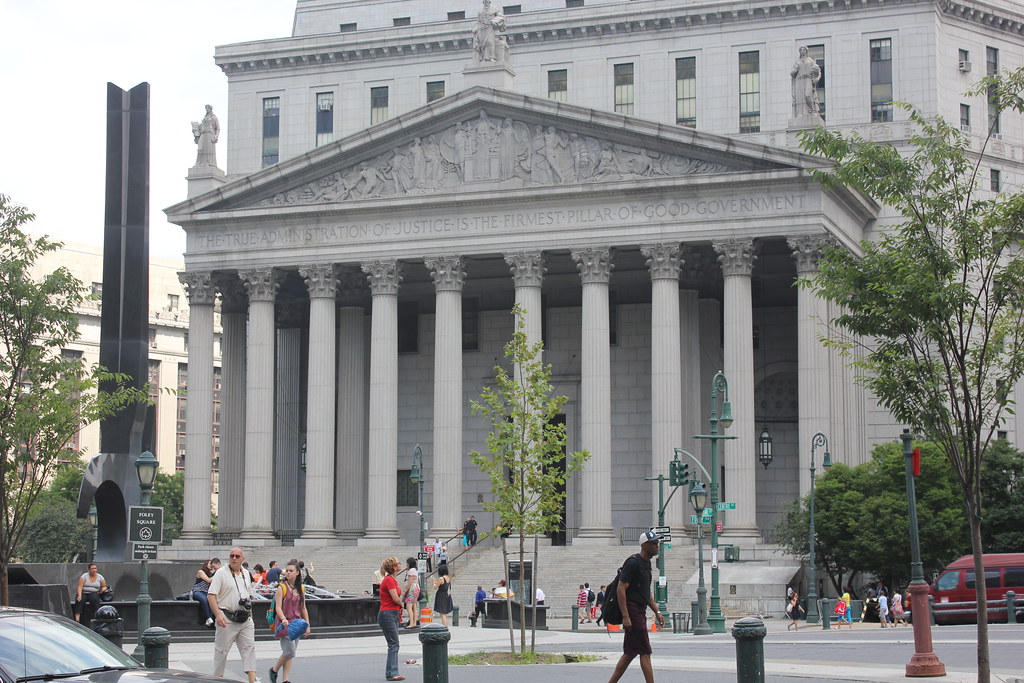
Michael Cardozo’s journey through the complex legal landscapes of New York City was marked by an unwavering dedication to public service, a keen legal intellect, and a profound commitment to the rule of law. His record as the city’s longest-serving chief lawyer, coupled with his tireless advocacy for an independent judiciary and the welfare of New Yorkers, ensures his place as one of the most influential legal minds of his era. His legacy will continue to resonate, guiding future generations committed to civic health and the pursuit of justice in a dynamic urban environment.



